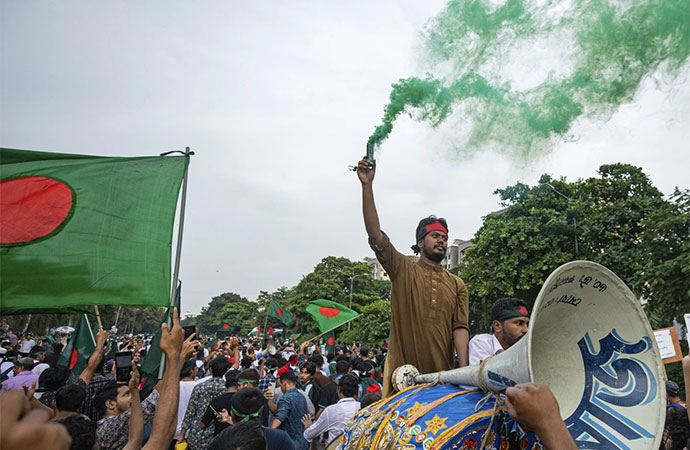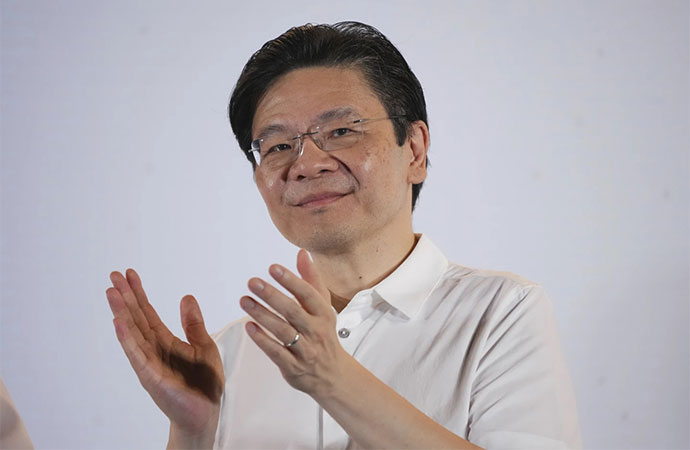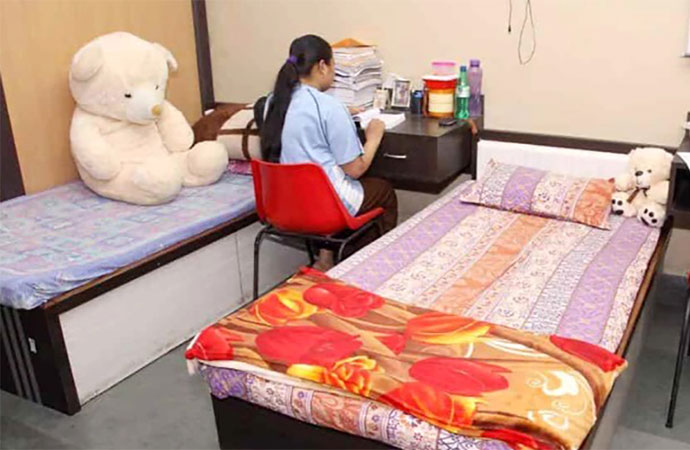Politics

Photo: AP/UNB
The United Nations in its Fact-Finding Report on the July Revolution advised the interim government to refrain from banning political parties and disenfranchising large parts of the electorate. In its recommendations on the stifling of civic space and reforming a repressive legal framework, the Fact-Finding Mission urged the interim government to "refrain from political party bans undermining democracy and disenfranchising part of the electorate" and to "protect journalists, political party activists, minority leaders and rights defenders".
The Fact-Finding Report also called for "a safe and enabling environment for free and genuine elections, including by special pre-election measures to ensure a level playing field for all political parties and candidates". Bans on the largest political parties would spoil the environment for a free and fair election. One of these parties is the Awami League, which has secured at least 30% of the national vote share in successive general elections.
The interim government has decided to temporarily ban the Awami League under the Anti-Terrorism Act until the completion of trials at the International Crimes Tribunal where AL leaders are being prosecuted for atrocities committed during the July Revolution. An amendment to the International Crimes Tribunal Act was also announced to allow for the trial of political groups at the tribunal, which would indicate plans to prosecute the Awami League as a political entity. According to Law Adviser Asif Nazrul, the ban aims to "ensure national security, protect leaders and activists of the uprising, and safeguard plaintiffs and witnesses involved in the tribunal proceedings". Is the ban a stopgap measure for law and order or a sustained campaign to exclude the Awami League from the future political process? Will the Awami League be permanently banned as a result of a finding from the tribunal which holds the political group guilty for the atrocities of the July Revolution?
Reform has been the buzzword of the post-July Revolution status quo under the interim government. Reform entails the enabling and broadening of democratic participation in our political parties by opening the doors to internal democracy and a new generation of political leadership. When the interim government assumed office in August 2024, its first appointee in the home ministry, Brigadier General (retd.) Sakhawat Hossain, called for a Political Parties Act. The brigadier was then swiftly removed as part of a cabinet reshuffle.
Ten months later, the interim government has proceeded to ban the Awami League instead of pushing for genuine reforms within political parties. Much of the discourse on reforms has focused on constitutional and legal reforms for the state. It has become a taboo to discuss internal reforms within political parties, be it the Awami League or the Bangladesh Nationalist Party (BNP). The BNP and Jamaat stand to gain most from the decision to ban the Awami League. The proliferation of pro-BNP and pro-Jamaat individuals into the echelons of the interim government, from the lower levels of the bureaucracy to political appointees at higher echelons, including the Attorney General's office and Bangladesh's Ambassador to Mexico, has raised eyebrows among many. BNP and Jamaat have been considered as the "government-in-waiting". They are pulling strings behind the scenes and influencing key decisions.
Bangladesh needs leadership which rises above the desire to seek revenge. It was the cardinal mistake of Sheikh Hasina to seek vengeance after coming to power in 2009 which eventually led to her ignominious downfall in 2024. While Bangladesh is fortunate to have a Nobel Peace Prize laureate as its interim leader today, is Muhammad Yunus being able to rise above the hatred and animosity which pervades the political scene? His advisers have made it clear that they are not a neutral government. One adviser has described the interim administration as "highly politically-motivated". Reports of mass arrests of Awami League leaders and activists complicate the situation further by creating an atmosphere of fear and reprisal for the opposition.
The revolution of 2024 was meant to usher in a qualitative change in politics. The interim government has the power and capacity to push through reforms which would enable political parties to practice internal democracy. The question is whether the interim government will capitalize on its power and capacity to do so. An ordinance can be promulgated to require political parties to internalize and institutionalize many of the reforms which are being demanded for the state, including term limits and free and fair elections.
Truth be told, the Awami League also has to introspect and atone for its own authoritarian past. Despite its history as the vanguard party of the 1971 Liberation War and adopting a constitution in 1972 which espoused liberal and multiparty democracy, the League was responsible for the destruction of parliamentary democracy through the Fourth Amendment and the creation of BAKSAL as a socialist one party state in 1975. Sheikh Hasina's authoritarian control of the parliamentary system between 2009 and 2024 was a legacy of the BAKSAL misadventure. Both Sheikh Hasina and her father converted from pro-democracy icons into autocrats.
The Awami League has shown no remorse for its mistakes. Instead, the League's social media accounts have become a cesspool which targets the Yunus-led interim government as "fascist", "illegal" and "unconstitutional". At the root of Bangladesh's crisis of democracy is the League's unwillingness to co-exist with other political groups, including BNP, Jatiya Party and Jamaat. The League considers every non-AL government as illegal and illegitimate, thereby perpetuating the crisis of mutual co-existence which continues to plague Bangladesh's democratic functioning.

























Leave a Comment
Recent Posts
The forensic clean up of the f ...
Much of the coverage centring the surge in Non Performing Loans (NPLs) ...
Hong Kong’s deadliest fire in ...
Hong Kong’s deadliest fire in decades left at least 44 people de ...
False document submission hurts genuine students’ ch ..
The Missing Ingredients for Peace in Palestine
Songs of Hyacinth Boats & Hands: Reading Conversatio ..
Executive Editor Julie Pace on why AP is standing fo ..